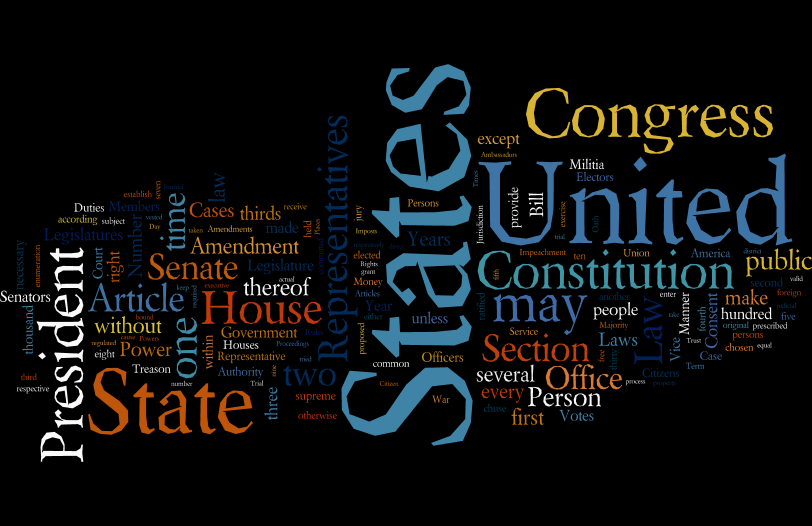▼
Deadline: October 10, 2018
Contact: James Heilpern, heilpernj@law.byu.edu
BYU Law School is pleased to announce the Fourth Annual Law & Corpus Linguistics Conference, to be held in Provo, Utah on February 7-9, 2019. The Law School seeks original proposals for papers to be presented at the conference, addressing a broad range of topics related to the emerging discipline of Law & Corpus Linguistics, including (but not limited to), applications of corpus linguistics to constitutional, statutory, contract, patent, trademark, probate, administrative, and criminal law; philosophical, normative, and pragmatic justifications for the use of corpus linguistics in the law; philosophical, normative, and pragmatic criticisms of the use of corpus linguistics in the law; best practices and ethical considerations for the use of corpus linguistics in trial and appellate advocacy; potential applications of corpus linguistics in legislative, regulatory, and contractual drafting; corpus design, especially as it relates to the building of future legal corpora; Law & Corpus Linguistics and statistics; and sociolinguistic insights drawn from corpus linguistics, especially as it applies to the relationship of racial, ethnic, or linguistic minorities to legal and government institutions.
The proposal deadline is October 10, 2018. Proposals should include an abstract of no more than 750 words, an outline of the proposed paper, and complete contact information. Please send materials to James Heilpern at heilpernj@law.byu.edu.
Event Date: February 7-9, 2019
Location: Brigham Young University, Provo, UT
Organization: Brigham Young University
BYU Law’s Law & Corpus Linguistics was initially inspired by Stephen C. Mouritsen’s BYU Law Review Note, The Dictionary Is Not a Fortress: Definitional Fallacies and a Corpus-Based Approach to Plain Meaning, (2010). As various scholars began to apply corpus linguistic to legal questions, BYU’s Linguistics Professor Mark Davies’ well known Corpus of Contemporary American English (COCA) and Corpus of Historical American English (COHA) proved invaluable.
Following the development of formal Law & Corpus Linguistics course at the Law School in the Fall of 2013, the BYU Law Library started providing limited support for students in the class and faculty applying corpus linguistics to their scholarship such as Gordon Smith.
James Philips, a visiting assistant professor in Winter of 2015 , envisioned the creation of a simplified research platform and the creation of a Corpus of Founding Era American English (COFEA). Initial texts were gathered throughout 2015 and 2016 and in the Fall of 2016 the initial design of the Law & Corpus Linguistics Platform commenced.
